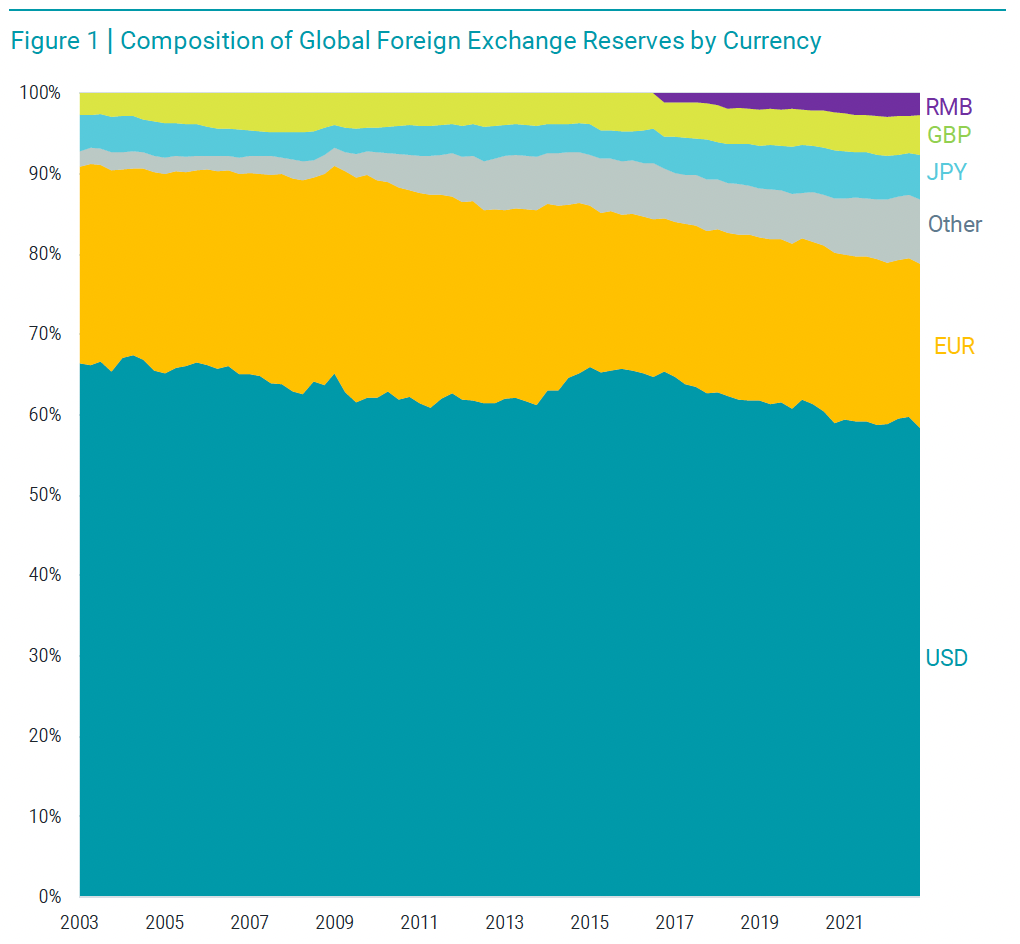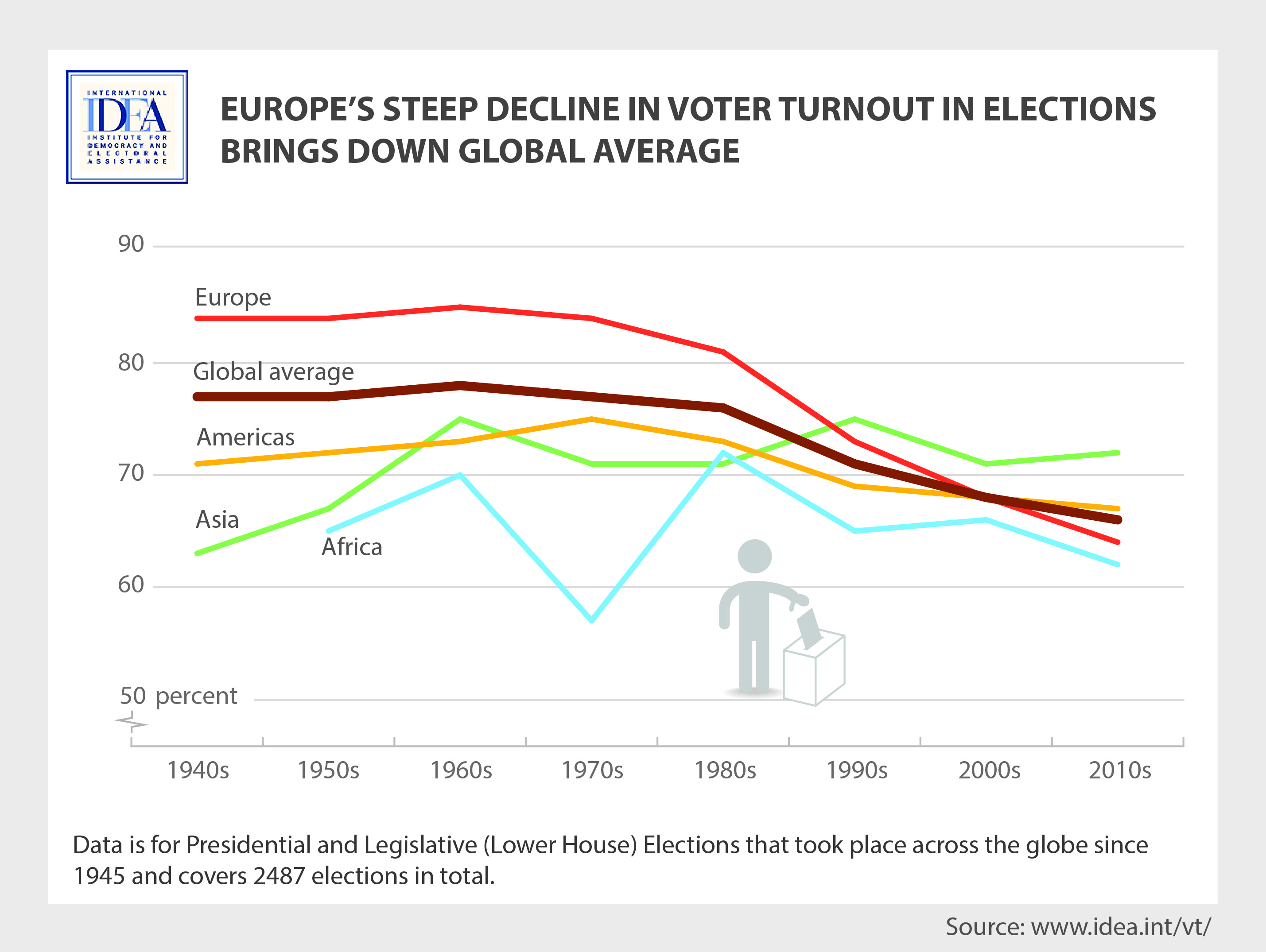Is Your Marriage Ending Silently? Recognizing The Key Indicators

Table of Contents
1. Diminished Communication and Emotional Distance
A cornerstone of any healthy marriage is open and honest communication. When this vital connection weakens, it often signals deeper problems. The lack of meaningful conversations is a significant indicator of a silently failing marriage. This isn't just about the frequency of talking; it's about the quality of communication.
- Lack of Meaningful Conversations: Surface-level chit-chat replaces genuine emotional connection. You avoid discussing important topics, feelings, or concerns. You feel unheard or misunderstood, leading to emotional disconnect and a communication breakdown. This can manifest as:
- Fewer shared experiences and fewer opportunities to connect on an emotional level.
- A reluctance to engage in difficult conversations, leading to unspoken resentments.
- Feeling like your partner doesn't truly listen or understand your perspective.
- Reduced Physical Affection: Physical intimacy is deeply intertwined with emotional bonding. A decline in physical affection—a silent treatment—is a strong indicator of growing distance. This includes:
- A significant decrease in hugging, kissing, holding hands, or other forms of physical closeness.
- Reduced or absent sexual activity, often stemming from emotional disconnection and lack of intimacy.
- Avoiding physical contact altogether, suggesting a growing emotional chasm. These physical intimacy issues are symptoms of a deeper problem.
2. Shifting Roles and Responsibilities
An uneven distribution of household chores and childcare responsibilities is a common source of resentment in a marriage. When one partner consistently carries a disproportionate burden, it can create feelings of overwhelm, neglect, and unfairness, contributing to a silent breakdown of the marital bond.
- Unequal Distribution of Household Chores and Childcare: This imbalance breeds resentment and frustration. One partner might feel exploited while the other feels overwhelmed and resentful. This silent resentment can fester over time and erode the foundation of the marriage. This often impacts the work-life balance for the overburdened partner.
- One partner consistently handles the majority of household tasks and childcare, leaving the other with little involvement.
- Feeling consistently overwhelmed and neglected, leading to burnout and feelings of resentment.
- Neglect of personal needs and self-care due to the imbalance in responsibilities.
- Lack of Shared Decision-Making: Joint decision-making is crucial for a healthy partnership. When one partner dominates the decision-making process, the other may feel ignored, controlled, and ultimately, disconnected. This power imbalance silently chips away at the marriage.
- One partner makes most decisions without consulting the other, leading to feelings of powerlessness and resentment.
- Lack of input and feeling ignored in important decisions directly impacts marital harmony and increases conflict.
- Feeling controlled or manipulated, rather than being a collaborative partner in decision-making.
3. Increased Conflict and Avoidance
Healthy conflict resolution is essential in any relationship; however, increased conflict or avoidance is a warning sign. It's not just about arguing, but also about how you argue and how you handle disagreements. A silent treatment is a form of avoidance.
- Frequent Arguments or Disagreements: While disagreements are inevitable, a significant increase in the frequency and intensity of arguments points towards underlying issues. Unhealthy communication patterns often emerge.
- Arguments escalate quickly and become personal attacks, involving shouting, name-calling, and other forms of unhealthy communication.
- Inability to resolve disagreements constructively, leading to lingering resentment and unresolved issues.
- Frequent, intense conflict that overwhelms the relationship and erodes mutual respect.
- Withdrawal and Avoidance: Emotional withdrawal is a common response to conflict or underlying problems. However, consistent avoidance can signal deeper issues and a detachment from the marriage.
- Spending significantly less time together, seeking solitude and avoiding shared activities.
- Avoiding conversations about important issues, leading to a buildup of unspoken resentments and misunderstandings.
- Disinterest in shared activities and a lack of engagement in each other's lives.
4. Changes in Shared Activities and Interests
Shared interests and activities are the glue that holds many couples together. A gradual loss of common ground can indicate a fading connection and a silently failing marriage.
- Loss of Shared Hobbies and Interests: When couples stop engaging in shared activities, it often reflects a growing distance and lack of emotional connection. This can feel isolating and lonely.
- Decreased participation in shared hobbies and interests, leading to less quality time together.
- Feeling isolated and disconnected from your partner due to the lack of common activities.
- Loss of common ground and a sense of shared identity.
- Decreased Quality Time Spent Together: The quantity of time isn't as important as the quality. If your interactions are rushed, superficial, or lack meaningful conversation, it suggests a decline in the overall relationship connection.
- Rushed interactions and superficial conversations, lacking depth and intimacy.
- Lack of meaningful conversations and shared experiences, creating a sense of disconnect.
- Spending significantly less quality time together, prioritizing individual activities over shared experiences.
Conclusion:
If you've recognized several of these indicators in your marriage, don't wait for things to worsen. Diminished communication, shifting roles, increased conflict, and a loss of shared activities are all warning signs that your marriage might be ending silently. These issues, if left unaddressed, can create significant emotional distance and damage the marital bond. Don't let your marriage end silently. Address these issues head-on by seeking professional guidance or exploring resources designed to strengthen your relationship. Seek marriage counseling or relationship help to improve your marriage. Take action today to save your marriage.

Featured Posts
-
 Pandemic Fraud Lab Owner Pleads Guilty To False Covid Test Reports
Apr 28, 2025
Pandemic Fraud Lab Owner Pleads Guilty To False Covid Test Reports
Apr 28, 2025 -
 Tech Powerhouses Propel Us Stock Market Higher Teslas Impact
Apr 28, 2025
Tech Powerhouses Propel Us Stock Market Higher Teslas Impact
Apr 28, 2025 -
 Understanding Market Corrections Professional Selling And Individual Buying
Apr 28, 2025
Understanding Market Corrections Professional Selling And Individual Buying
Apr 28, 2025 -
 Exploring The Views Of Luigi Mangiones Supporters
Apr 28, 2025
Exploring The Views Of Luigi Mangiones Supporters
Apr 28, 2025 -
 The Us Economy Under Pressure Assessing The Impact Of The Canadian Travel Boycott
Apr 28, 2025
The Us Economy Under Pressure Assessing The Impact Of The Canadian Travel Boycott
Apr 28, 2025
Latest Posts
-
 Analyzing The U S Dollars Early Performance A Nixon Era Comparison
Apr 28, 2025
Analyzing The U S Dollars Early Performance A Nixon Era Comparison
Apr 28, 2025 -
 Nixons Shadow Will The U S Dollars First 100 Days Underperform
Apr 28, 2025
Nixons Shadow Will The U S Dollars First 100 Days Underperform
Apr 28, 2025 -
 U S Dollar Performance A Troubling First 100 Days Compared To Nixon Era
Apr 28, 2025
U S Dollar Performance A Troubling First 100 Days Compared To Nixon Era
Apr 28, 2025 -
 Is The U S Dollar Headed For Its Worst 100 Days Since Nixon
Apr 28, 2025
Is The U S Dollar Headed For Its Worst 100 Days Since Nixon
Apr 28, 2025 -
 U S Dollars Steep Decline Worst Start Since Nixon
Apr 28, 2025
U S Dollars Steep Decline Worst Start Since Nixon
Apr 28, 2025
